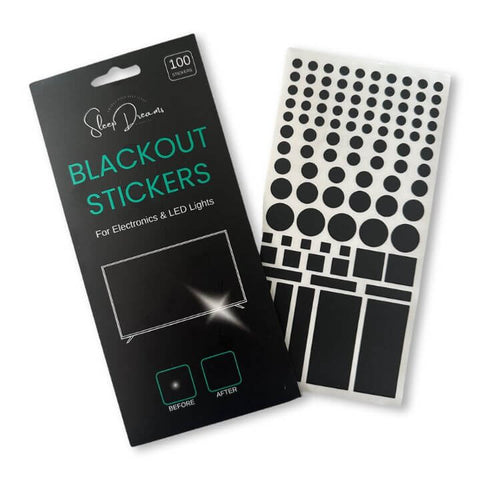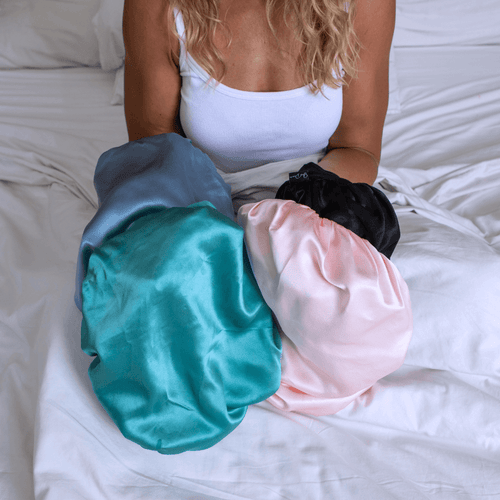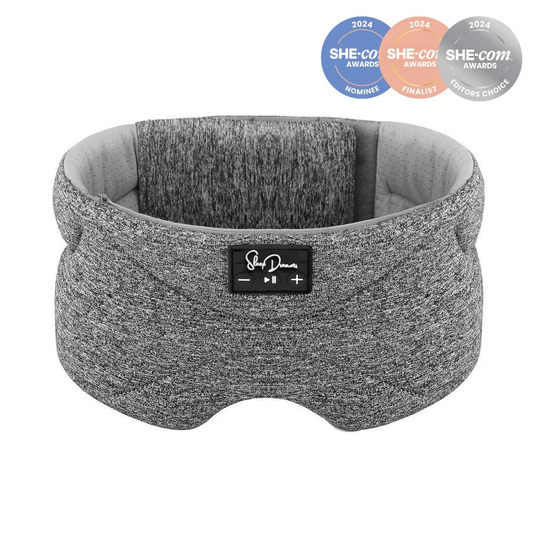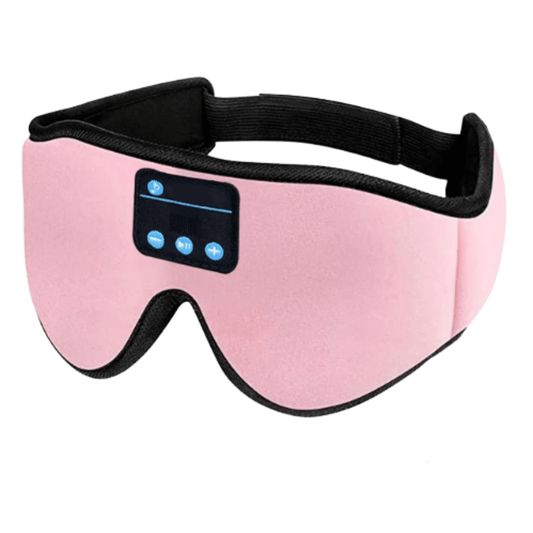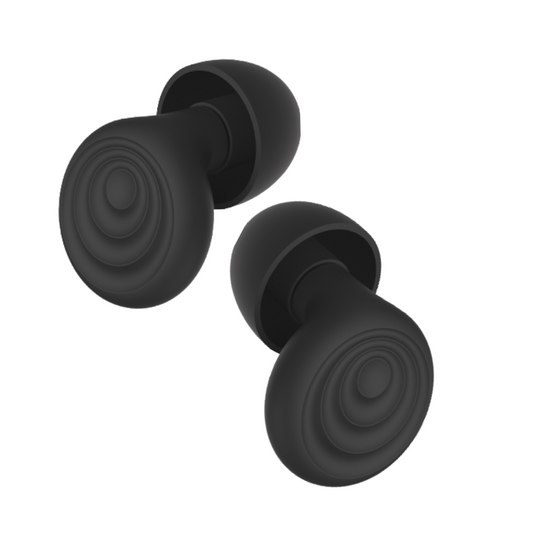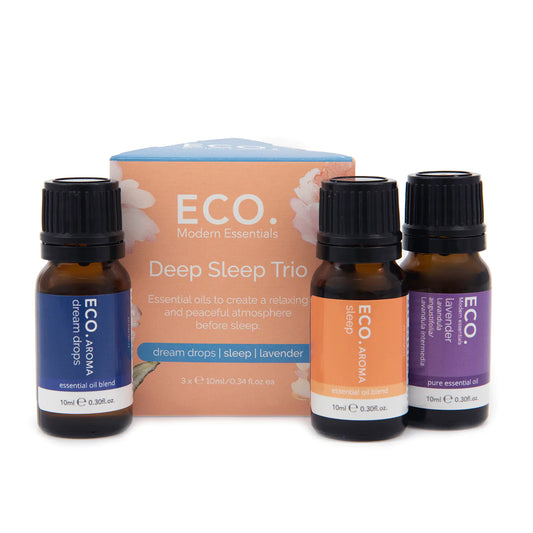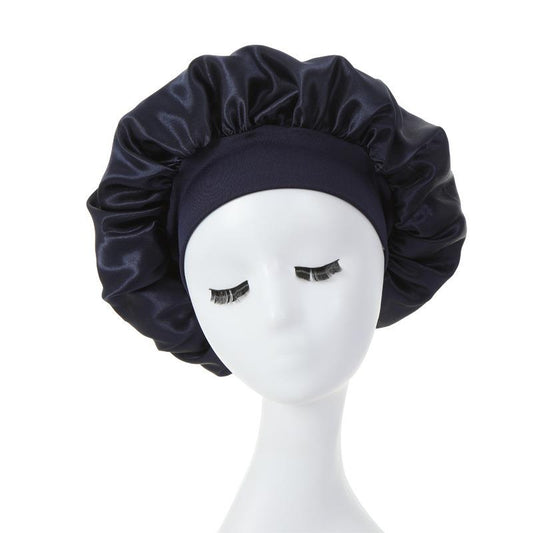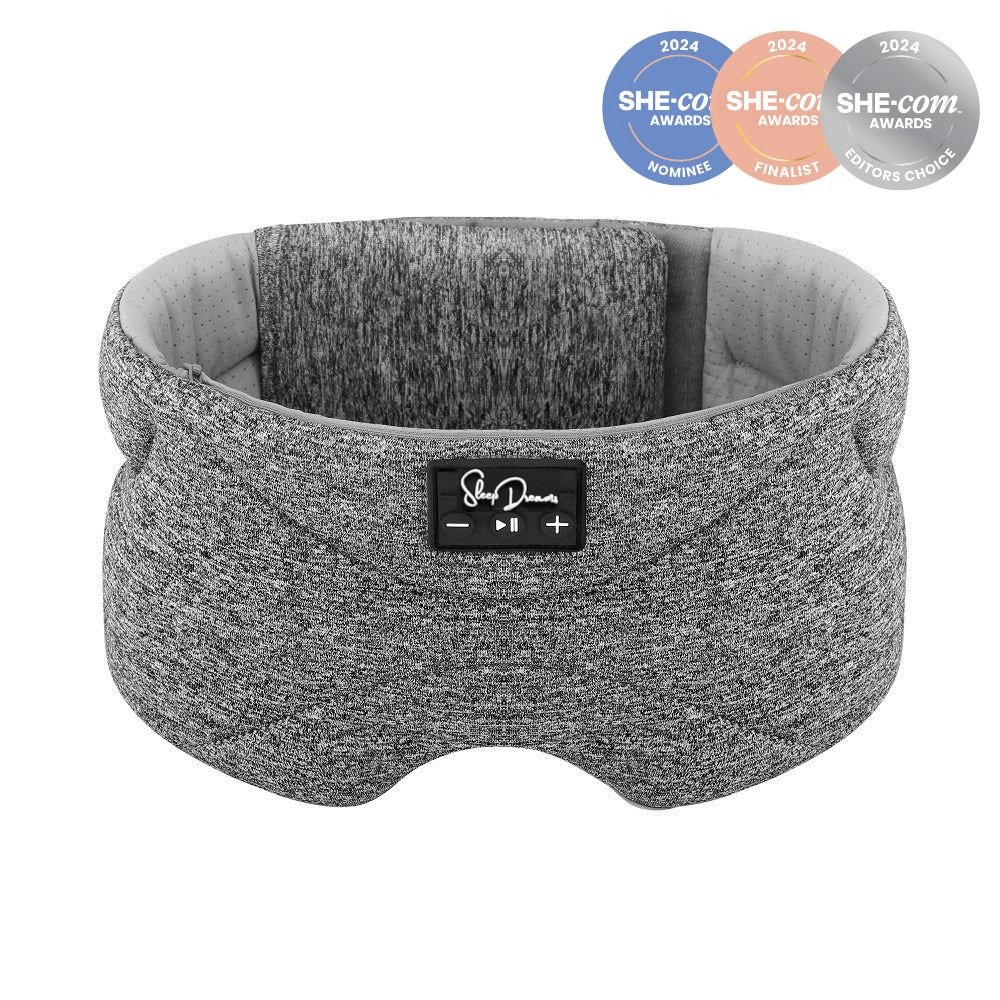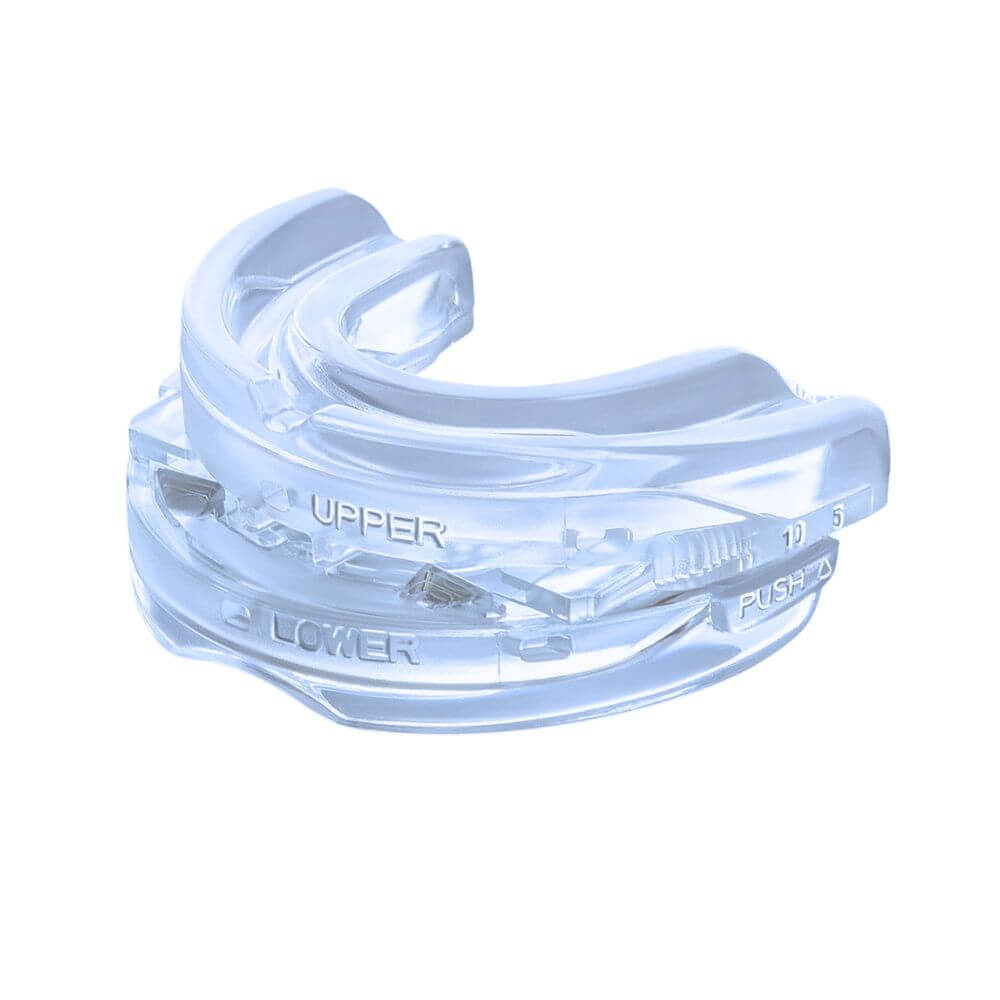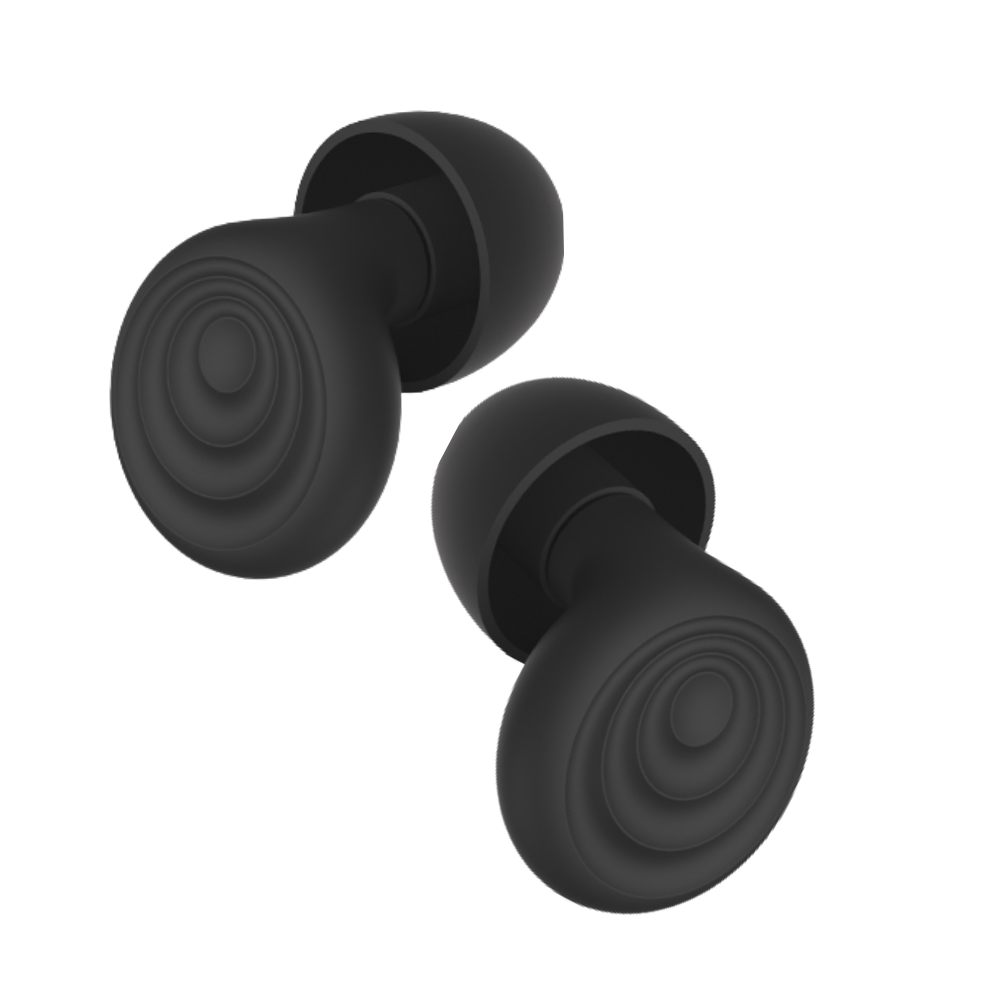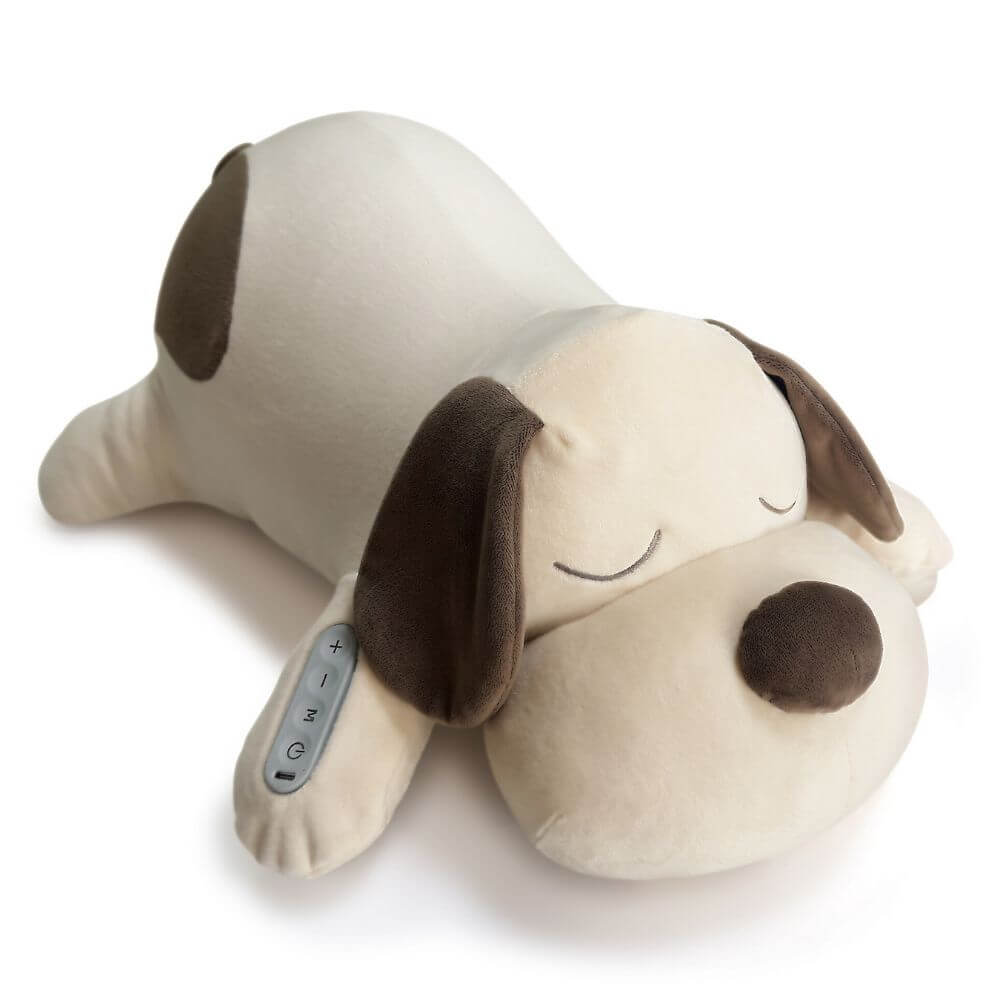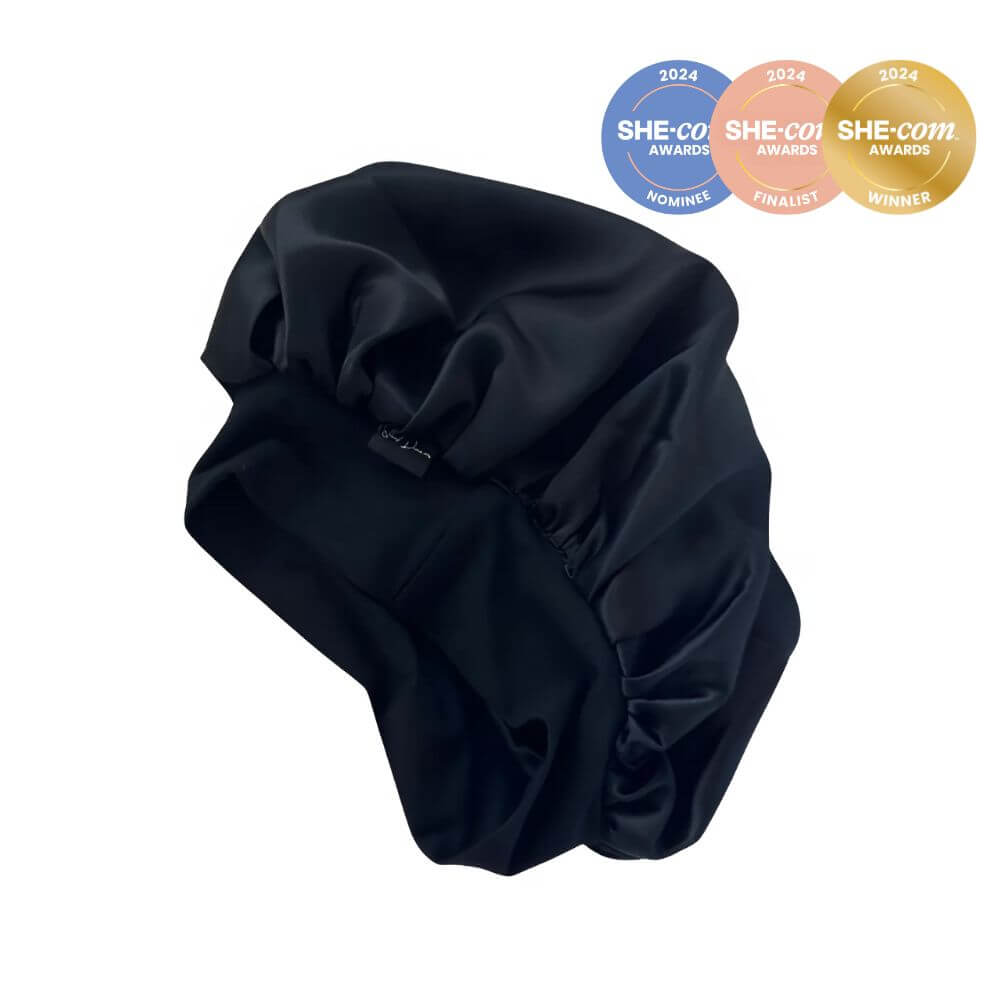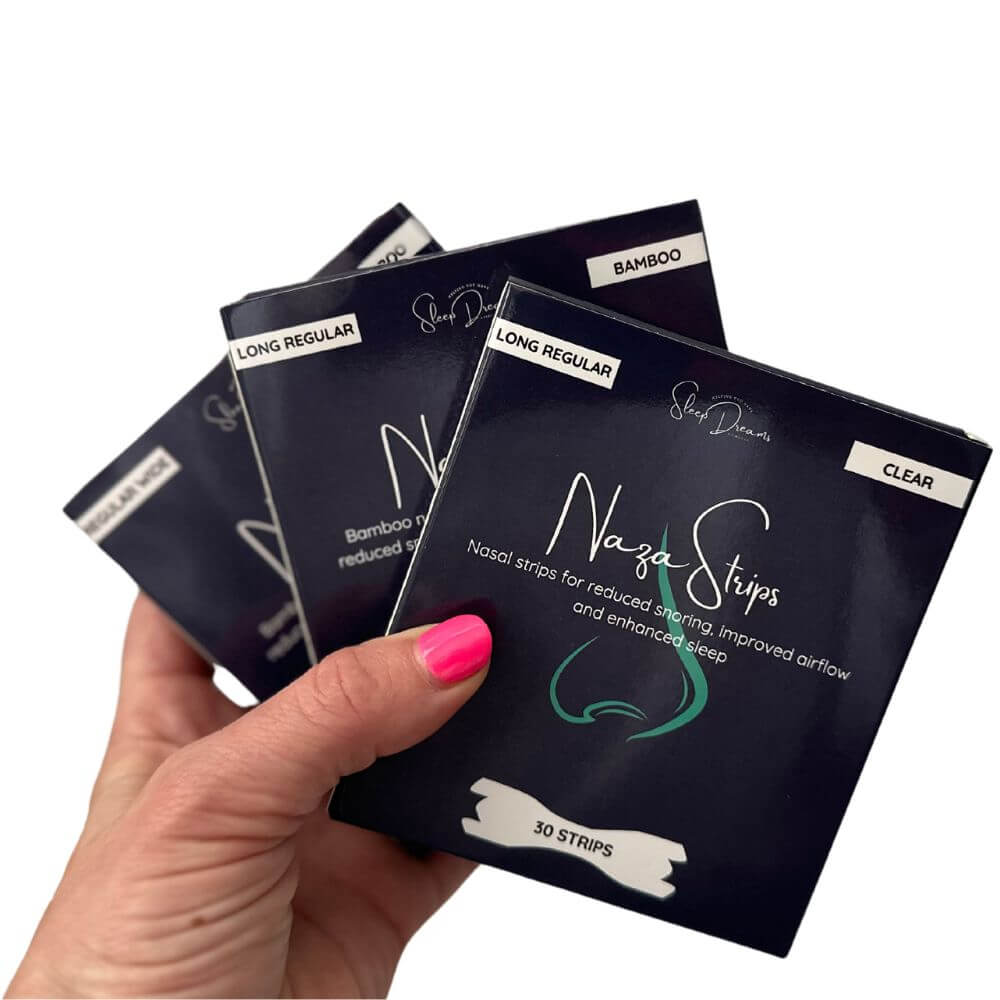You may have heard it before - get a good night’s sleep to ward off sickness. But is there any truth to that age-old adage? We know that sleep is important for our overall health, but does it really help boost our immunity? Let’s find out.
The Impact of Sleep on Immunity
There is a lot of research that has been conducted on the impact of sleep on immunity. One study found that people who slept less than seven hours a night were three times more likely to develop a cold than those who slept eight hours or more. However, it’s important to note that this study did not take into account other factors that could have contributed to the development of a cold, such as stress levels.
Another study looked at the impact of sleep on vaccinations. The researchers found that people who slept less than six hours a night were more likely to develop a lower antibody response to the flu vaccine than those who slept eight hours or more. Again, it’s important to keep in mind that this study did not take into account other possible contributing factors, such as age or overall health. However, these results can't be ignored.
Dr. Eric J Olson also concluded that a lack of sleep can also affect how fast you recover if you do get sick.

Sleep is important for fighting off infection.
During slumber, your immune system releases cytokines—proteins that perform many different tasks, some of which promote sleep. Some cytokines need to increase when you're experience an infection or inflammation, and when you're under stress. Not getting enough shuteye decreases the production of these essential proteins. Furthermore, antibodies and cells reduce during periods without proper rest, making it difficult to fight off disease-causing microbes. In summary: Your body needs sleep to properly defend against infectious diseases. Additionally, long-term lack of Z's increases the likelihood if obesely, diabetes, as well as heart and blood vessel (cardiovascular) diseases
What about vaccinations? Can lack of sleep impact their efficacy?
A study saw a group of 125 healthy people aged 40-60 were given a 3-dose hepatitis B vaccine over 6 months. Measuring antibody response levels before the 2nd and 3rd vaccination, as well as six months after the last injection, researchers had those participants keep sleep diaries and many wore electronic sleep monitors during that time period.
People who slept less than six hours per night were more 11.5 times more likely to not have the hepatitis B vaccine protect them, compared to those who slept more than seven hours. The researchers found that how long people sleep affected their response to the vaccine, but not how well they slept.
We all know that sleep is important for our overall health and evidence is showing there is a correlation between the duration of sleep and your ability to fight off infection. So, as always getting a good night’s sleep is key to our health.



